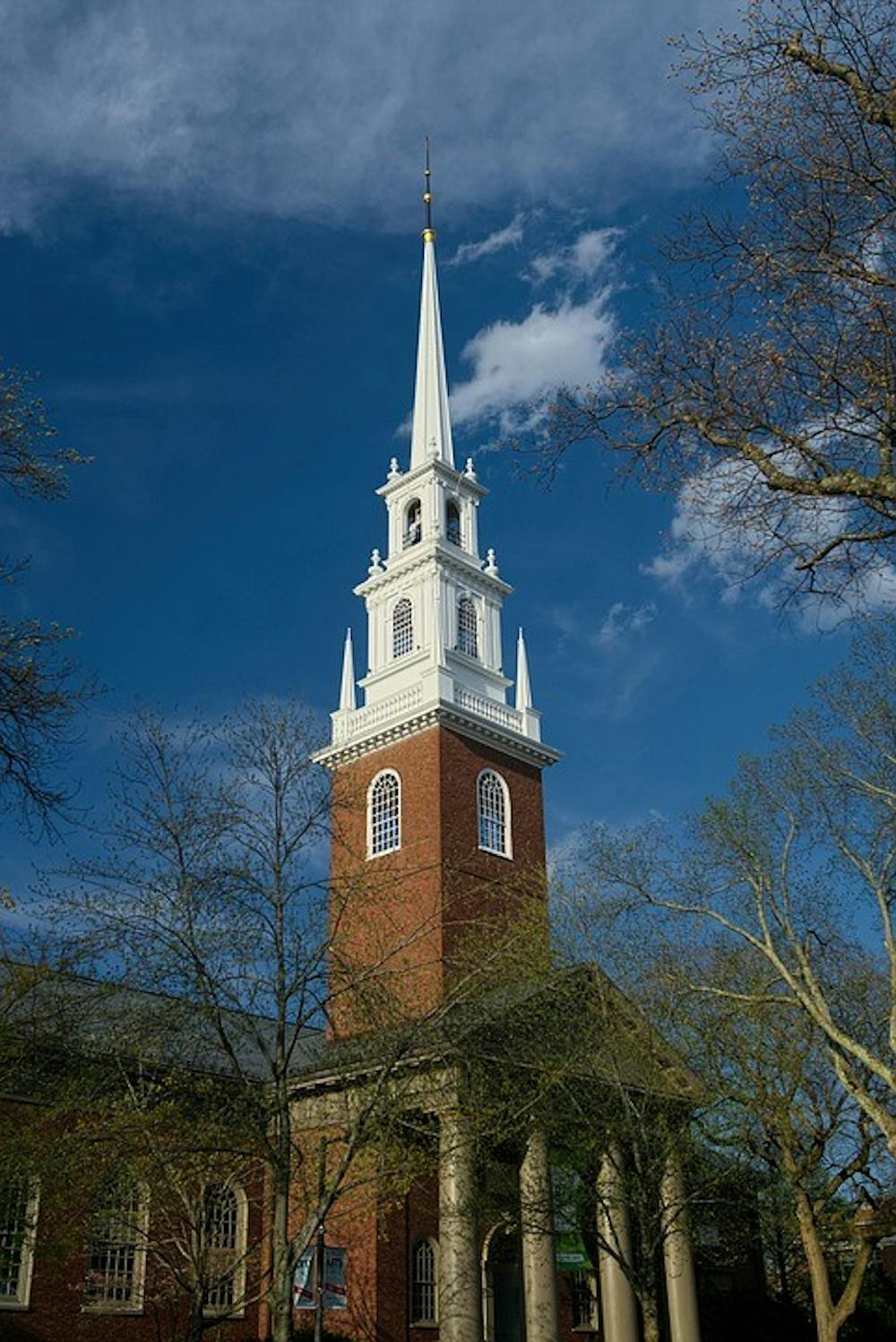On Oct. 1, a federal judge ruled in favor of Harvard University, stating the Ivy League school did not discriminate against Asian-American students in its application process. While the case may be brought before the Supreme Court, for the time being, we can contemplate one of the most interesting behind-the-scenes investigations into the admissions process of an elite school.
Fascinatingly, the case rendered visible the decision-making process that goes into selecting students for admittance to Harvard. From testimonies regarding the “Dean’s List” to credentials being lowered for students in “sparse country,” the trial unearthed telling details about the admissions process.
Perhaps the most striking detail revealed about the Harvard admissions process was the applicant personality evaluation, which involves giving applicants a score based on their perceived personality traits. The idea that “positive personality,” “likeability,” and “kindness” are quantifiable is disconcerting. Even worse is the fact that this numerical score apparently plays an outsized role in the decision to admit a student or not.
Furthermore, as Princeton students, we have a vested interest in the ultimate outcome of this case, which, once again, may be heard by the Supreme Court. The way in which our community is formed could be impacted by the final ruling. Indirectly, this could feel like a shot at us as individuals; how dare someone challenge the Ivy League admissions playing field in which we emerged as winners?
The underlying takeaway from the Harvard admissions ruling is that it brings to light the hard truth of acceptance, especially at the elite level institutions: sometimes, the odds just are not in our favor.
I believe that most students at Princeton — and at Harvard for that matter — value meritocratic admissions outcomes: that the best of the best applicants are accepted, because, based on clearly defined metrics, they quantifiably outperformed those who are left with a rejection letter. At the same time, these same students would also benefit from a diverse community: we all become better when we are exposed to, challenged by, and learn from people of different backgrounds and identities.
The challenge comes in pairing the former with the latter; when there are thousands of kids that share the same grades and similar extracurriculars, how can we possibly determine who to pick to best create a diverse community? Is it truly possible to create a diverse community where no one has been shorted the opportunity they deserve?
As many involved in the process have routinely admitted, college admissions isn’t perfect; and the hardest part is accepting that it is indeed not perfect. It is frustrating to conceptualize the system as a flawed one, especially when we are benefitting from it. And, at the end of the day, assuming an applicant meets some sort of baseline for grades, test scores, and extracurriculars, the biggest single factor in determining acceptance status is often simple luck.

Unfortunately, this luck is something that isn’t limited to the college-admissions process. As we enter the middle of the fall semester, many of us will become frustrated that, despite our impressive grades, stellar resumes, and personal connections, we will fall victim to the “unprecedented number of applicants” that prevents us from getting a job. The difference between one applicant and another is often indistinguishable, yet some of us will get a coveted job, and some of us will not; some of us will lose, and some of us will win.
What can we do as students at an elite institution to fix the admissions process? Improving the system will be an ongoing and difficult endeavor, and an optimal solution may be impossible to achieve. Encouraging our admissions office to be more transparent would be an ideal start. Calling out discriminatory selection practices when they are discovered will keep the system honest.
Another aspect that cannot be overstated is the complexity of this topic as it relates to diversity. Whatever solutions that are proposed must take into account the necessity to promote diverse admissions classes and challenge students to explore outside of whatever community they called home. There are too many qualified students from all walks of life to NOT promote a vibrant student body; any solution that does not take this into account will be inherently flawed.
Most importantly, we must remain dedicated to the cause of a fairer admissions process; the worst thing we can do is only challenge the system when it works against us. Rather than solely praise a system for its success, or condemn a system for its failures, we should work to try and improve the process no matter what side of the line we fall on.









